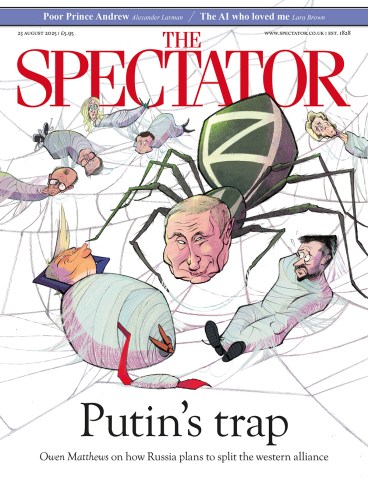‘I’m tired of your ridiculous lies’ – the wrath of Muriel Spark
Few among Muriel Spark’s circle of friends would have disputed the judgment of Storm Jameson when recommending Spark to the publisher Blanche Knopf in 1963: ‘I warn you, or remind you, that you are taking on a tartar. She has worn out two Macmillan directors already.’ Even tartars are forgiven, however, when they exhibit a











